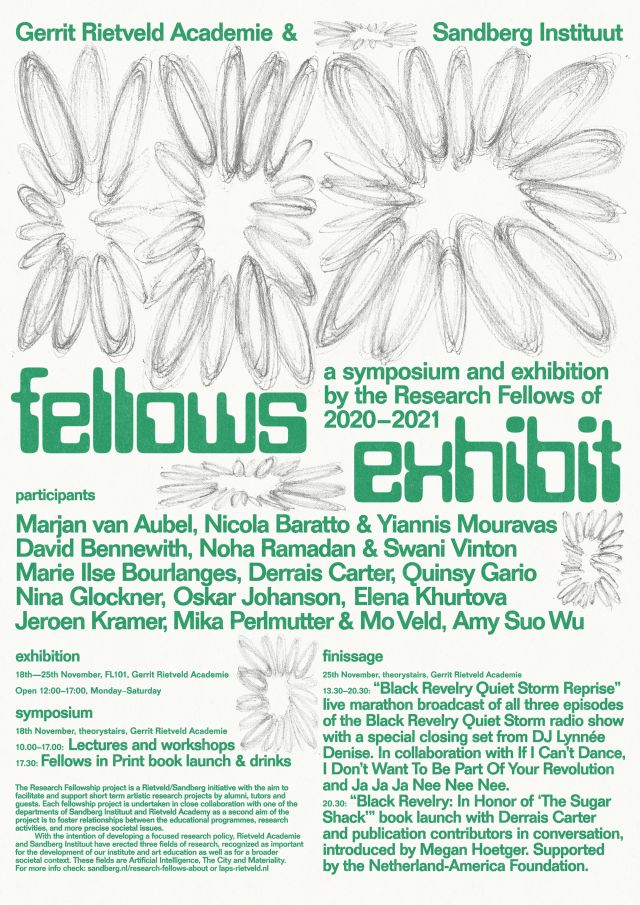
This pack consists of the Fundamentals of English Grammar Student Book (with Answer Key) and Workbook. Some of the new features are: Innovative Warm-Up exercises that precede the grammar charts and introduce points to be taught Structure-based listening exercises ranging from casual speech to more academic content A wide selection of readings that highlight the target grammar structures Greatly expanded speaking practice with extensive pair, group, and class work Writing activities with models for students to follow Corpus-informed syllabus that reflects the discourse patterns of spoken and written English Audio CDs and Listening Script in the back of the Student Book Categories: Foreign Language Study Fundamentals of English Grammar Student Book W Audio and Answer Key and Workbook While keeping the same basic approach and material as in earlier editions, the fourth edition more fully develops communicative and interactive language-learning activities. Ī classic developmental skills text for lower-intermediate and intermediate English language learners, Fundamentals of English Grammar is a comprehensive reference grammar as well as a stimulating and teachable classroom text. Some of the new features are: Innovative Warm-Up exercises that precede the grammar charts and introduce points to be taught Structure-based listening exercises ranging from casual speech to more academic content A wide selection of. 246 Using the same, similar, different, like, alike. 233 Comparative and superlative forms of adjectives and adverbs. 221 Connecting ideas with even though/although. 200 Making suggestions: let's and why don't. 199 Giving instructions: imperative sentences. 197 Tag questions with modal auxiliaries.

193 Expressing lack of necessity: do not have to Expressing prohibition: must not. 191 Expressing necessity: have to, have got to, must. 189 Expressing advice: should and ought to. Polite questions: would you, could you, will you, can you. 184 7-5 Polite questions: may I, could I, can I. 182 7-4 Using could to express possibility. 180 7-3 Expressing possibility: may, might, and maybe Expressing permission: may and can. 178 7-2 Expressing ability: can and could. 171 6-15 Plural forms of other: other(s) vs.the other(s). 169 6-14 Singular forms of other: another vs. 166 6-12 Possessive pronouns and adjectives. 162 6-10 Personal pronouns: subjects and objects. 158 6-8 Using adjectives to describe nouns.

13 7 5-14 Using how about and what about. 132 5-12 Spoken and written contractions with question words. 131 5-11 Length of time: it+ take and how long. 117 5-4 Questions with who, who(m), and what. 114 5-3 Where, why, when, what time, how come, what. 111 5-2 Yes/no and information questions. 111 5-1 Yes/no questions and short answers. 98 Present perfect progressive vs.present perfect. 87 Present perfect with unspecified time. Negative, question, and short-answer forms. 81 4-2 Present perfect with since and/or. 74 3-9 Immediate future: using be about to. 72 3-8 Using the simple present to express future time.

68 3-7 Using the present progressive to express future time. 65 3-6 Expressing the future in time clauses and if-clauses. 55 3-1 Expressing future time: be going to and will. 42 2-7 Expressing past time: using time clauses. 32 2-5 Regular verbs: pronunciation of -ed endings. 31 2-4 Common irregular verbs: a reference list. 26 2-1 Expressing past time: the simple past. 17 1-7 Present verbs: short answers to yes/no questions.

3 1-2 Forms of the simple present and the present progressive. l 1-1 Simple present and present progressive.


 0 kommentar(er)
0 kommentar(er)
